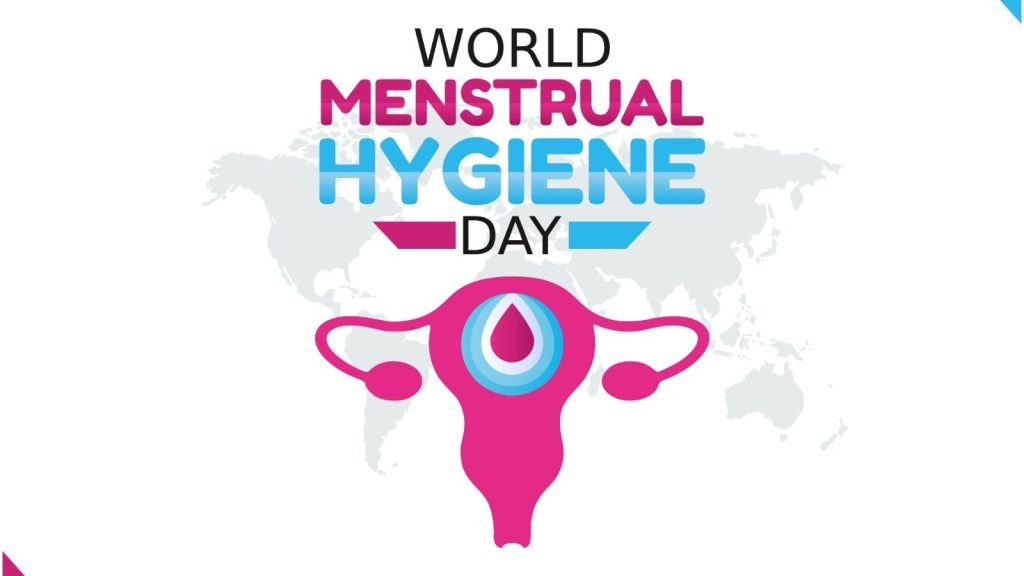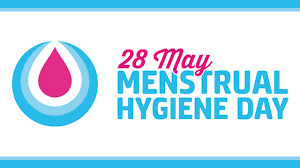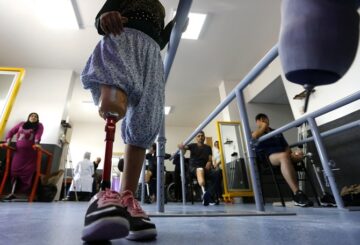Cameroon marked World Menstrual Hygiene Day with a series of educational caravans visiting schools and public spaces to challenge social taboos that stigmatize women during their menstrual periods. Organizations also took the opportunity to donate menstrual kits to girls displaced by terrorism and political tensions in the central African state.

Scores of youths, predominantly girls, received education on menstruation as a natural part of the reproductive cycle. Officials from Cameroon’s social affairs and health ministries emphasized that menstruation is not a curse and that girls and women should not be isolated from markets, schools, churches, and other public places because of their menstrual cycle.
Highlighting the importance of inclusivity, the government invited boys to participate in the Menstrual Health Day activities. This initiative aimed to address and reduce the mocking and bullying that girls often face in schools when their menstrual flow becomes visible.
Tabe Edwan, spokesperson for Haven of Rebirth Cameroon, an association dedicated to victims of sexual and gender-based violence, underscored the ongoing battle against menstruation-related stigmas. “We are looking at instances of stigmatization such as prohibition from cooking, prohibition from attending religious ceremonies or visiting such spaces,” she said. “Most often a young girl who is having her menstrual flow is considered to be unclean and so anything that she touches becomes unclean or it also becomes contaminated.”
The government reported that World Menstrual Hygiene Day activities were conducted across many towns and villages, particularly in the northwest and southwest regions where a separatist conflict has displaced approximately 750,000 people. The Social Affairs Ministry noted that displaced women and girls often lack the basic necessities, including the $2 needed to purchase sanitary pads during their menstrual cycle.
Mirabelle Sonkey, founder of the Network for Solidarity Hope and Empowerment and a founding member of the International Menstrual Hygiene Coalition, expressed her concern over the dire conditions that force women and girls to use rags, papers, and even tree leaves as substitutes for sanitary pads. “We usually give about 1,000 dignity kits which include buckets, soap, pants, and reusable, washable menstrual pads,” she said. “We are still advocating for pads to be free. Our mission is to have an environment where pads will be accessible, that is why we are opening pad banks now where vulnerable women and girls can go there and have pads.”
Sonkey also called on donors to help provide sanitary pads for the thousands of northern Cameroonian girls and women displaced by Boko Haram terrorism.
Despite NGOs’ pleas for the government to distribute sanitary pads free of charge, Cameroon’s government reported that 70% of menstruating women and girls still lack access to basic sanitation products. Officials urged families and communities to help dismantle the stigma by openly discussing menstrual health and recognizing menstruation as a normal and natural biological function.
- Tags: Cameroon, GBV, Health, Menstrual Hygiene, NGO





